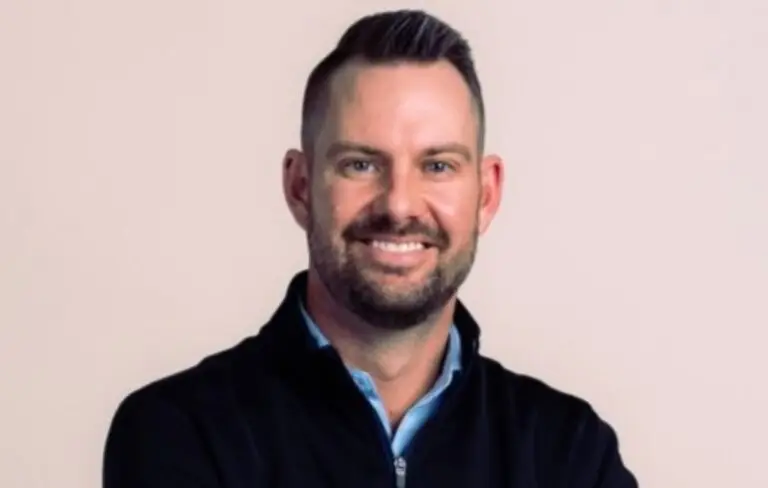Over several years, Webasto Americas assiduously rebuilt its workplace culture, transforming the manufacturer of automotive sunroofs from an atomized collection of relatively disengaged employees into a more purpose-oriented, humanity-driven enterprise that created a friendlier collective internally even as the company grew to take advantage of booming demand externally for its main products.
Nowadays, however—nearly two years into covid, and dealing with supply-chain crimping along with the rest of the car industry–the U.S. arm of the Germany-based supplier is pressed to maintain that culture as it faces a wave of rapid turnover and demands for higher pay from production workers who do stay. All of that as Webasto has brought online a new plant aimed at trying to satisfy automakers’ ever-growing desire to include ever-bigger and -pricier sunroofs in their ever-expanding exterior designs.
“It’s been tough,” Corey Stowell, chief human-resources officer for Auburn Hills, Michigan-based Webasto Americas, told Chief Executive. “The key to maintaining our culture is constant communication and continuous engagement of our colleagues.”
Several years ago, Webasto Americas needed both a turnaround in its business fortunes and in its culture. The start of it was engineered by Philipp Schramm, who was chief of HR, IT and finance for the U.S. arm and who, in concert with his bosses in America and Germany, recognized the need.
For the culture end of it, initially Schramm relied heavily on the ideas in the book Everybody Matters: The Extraordinary Power of Caring for Your People Like Family, by Robert Chapman, CEO of Barry-Wehmiller, and the developer of a corporate-change philosophy he calls Truly Human Leadership.
Guided by Chapman’s ideas and then by a leadership-consulting firm affiliated with Barry-Wehmiller, Chapman & Co. Leadership Institute, Webasto under Schramm—and later Stowell, and others—embarked like a guided missile on a mission to improve the company’s culture and, at the same time, boost its business. They emphasized purpose, communication, empathy and other worker-friendly attitudes; conducted retraining of management; convened regular “listening sessions” across the workforce matrix; and launched other initiatives to execute the transformation.
At one point several years ago, Webasto Americas paid to rent a banquet hall at a Detroit casino and bring in a huge cohort of its employees in Michigan and elsewhere for a “summit” where they spent hours in exercises around banquet tables, such as openly celebrating one another. By 2017, Schramm was being recognized by Workforce magazine with a “Game Changer” award for workplace leadership.
“You don’t understand how important the culture is to your company until you’ve had a chance to go through the transformation,” Stowell said.
The culture stuck; the sunroof business kept growing; Schramm moved back to Germany; the U.S. operation moved into a brand-new building several miles from its old headquarters. And Stowell continued to preside over a transformed culture that, for the most part, was working well.
Then two things happened pretty much simultaneously. First, Webasto built and moved to open an additional plant in suburban Detroit with the need for more than 900 new employees, which would bring Webasto Americas’ total employment to about 5,200 people. Second, covid hit in early 2020. Many potential employees who otherwise might enlist with Webasto decided to stay home and gather enhanced government unemployment benefits instead.
Webasto responded by redoubling recruiting, boosting pay, and offering attendance and retention bonuses as well as more paid time off. Gradually, the company has been able to ramp up employment at the new plant. The new headquarters building and a “hybrid” on-premises-attendance policy have helped lure and retain white-collar employees.
At the same time, the residual effect of the improved culture Webasto had in place—and efforts by Stowell and others to build on that despite the obstacles—also have helped the company weather the storm. The company has continued its leadership-development efforts at the new plant and elsewhere, for instance. Another key is a continued reliance on “listening sessions focused on Webasto values,” Stowell said.
“They’ve been a huge focus,” he said. “The key has been trying to get people back together, and listening sessions help. In some format—whether it’s with another colleague or a plant director or a VP—it’s important to get people back together to provide feedback, to ask questions, to be heard, to have that voice.”
While Webasto has instituted a flexible policy concerning working physically at the new headquarters or remotely, Stowell continues to find ways to get employees in actual proximity as possible amid the stubborn continuation of the pandemic. A while ago, for example, the company sponsored an outside “music night” that showcased talented employees “while we all sat around and caught up.”







